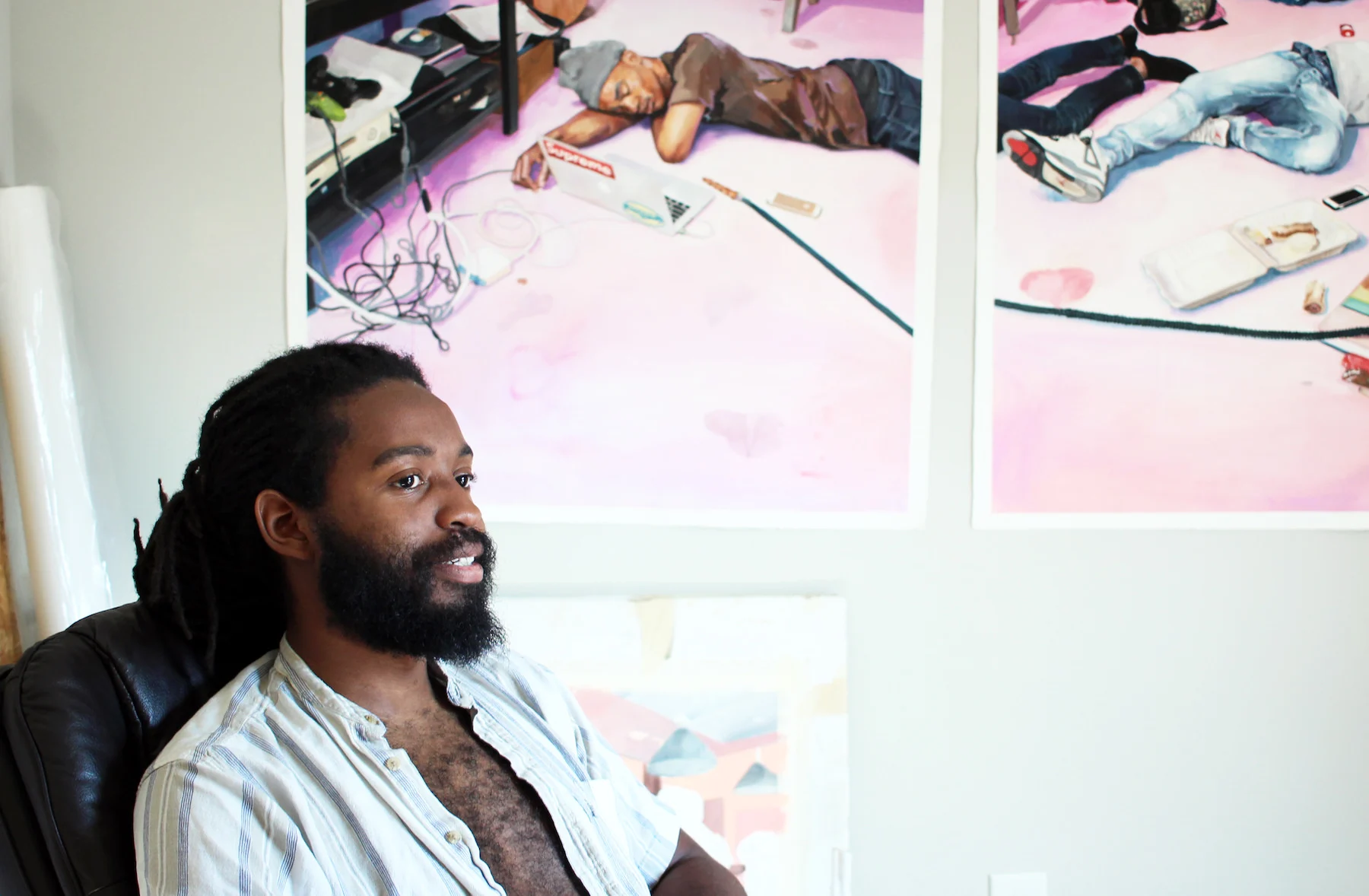Representation Matters With Keturah Ariel
- 1 March 2021
- ByAndy Newman
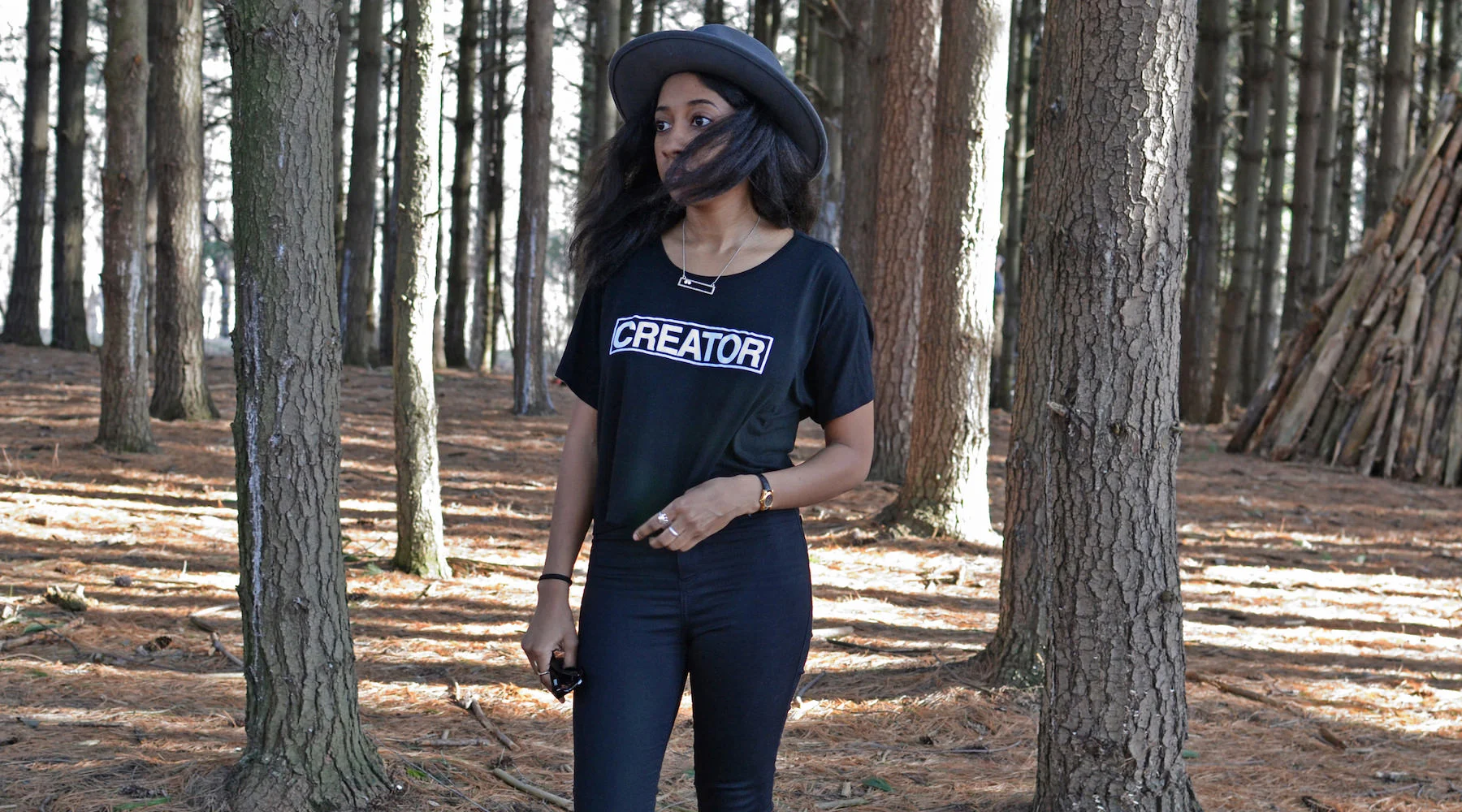
Born and raised in the Midwest, Keturah Ariel Nailah Bobo is a multi-talented artist who started honing her discipline early in life thanks to the encouragement of her parents. After completing a degree in the arts, she's been combining her artistic and entrepreneurial talents ever since in running an online store, illustrating children's books, and more.
Under the name Ariel Brands, Keturah runs a Big Cartel shop selling art, apparel, and accessories created through the lens of inclusion and representation. We got the chance to chat with her during Black History Month to hear more about her journey and how her work connects with her community.
What drew you to being an artist? Is there a specific childhood art memory that stands out?
My parents homeschooled my brothers and I our first couple years in school and exposed us to a plethora of creative things even as young as two years old. We spent time at museums, community centers, and at home creating arts and crafts. Making art is rooted in my earliest memories, so it's always been very much a part of my identity as well.
I spent hours and hours creating paper dolls who looked like me and people I know. The collection grew to almost 1,000. If I could, I probably would've created regular dolls as well.
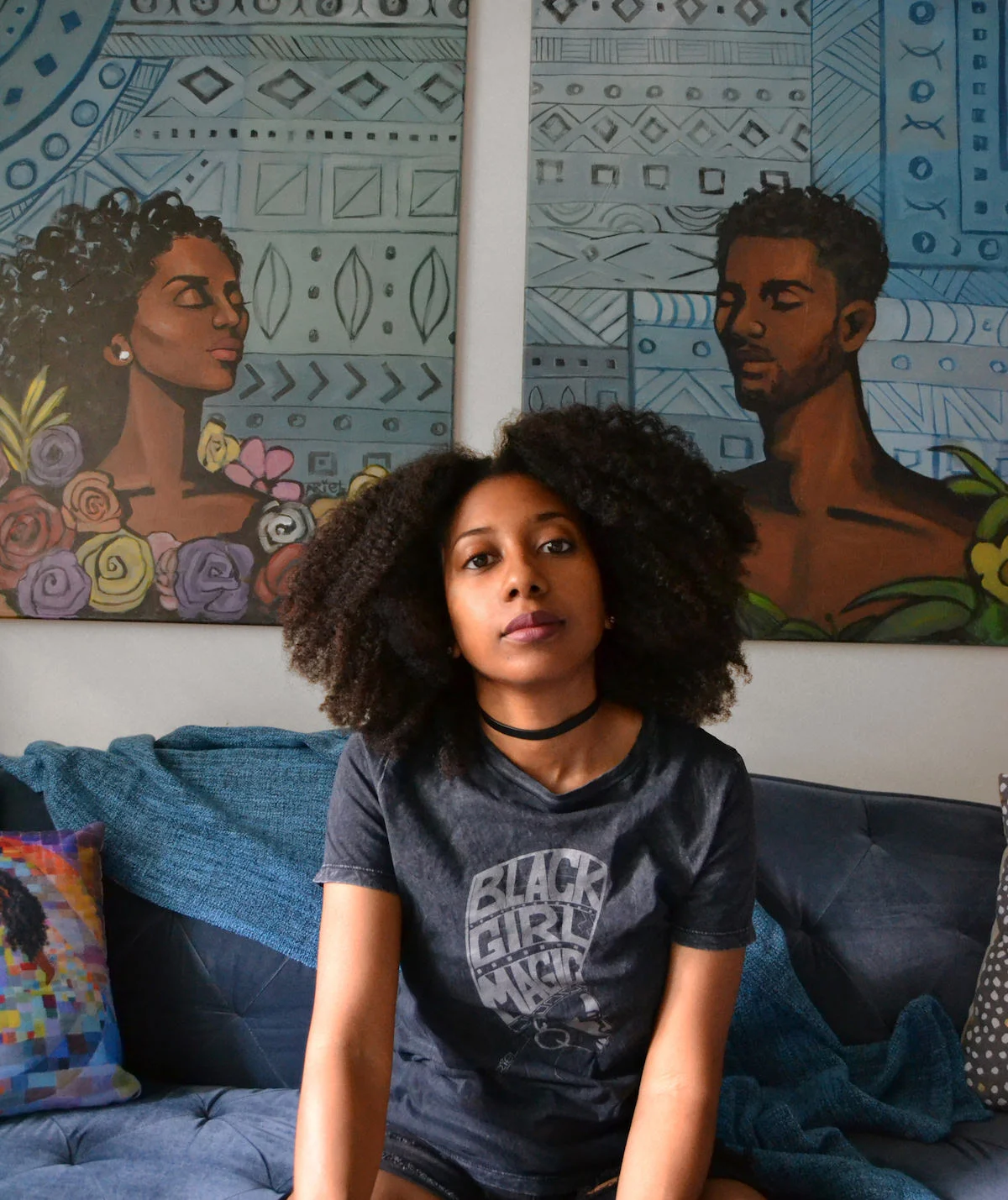
When did you decide to start an online shop? What was it about Big Cartel that was a good fit for you and your work?
When I first started posting my art online, several people requested that I make my art available to sell as posters and on t-shirts. So I honestly started an online shop to fulfill the demand of my customers. I have been using Big Cartel for nearly 10 years, and I don't know of another ecommerce site that's as easy to customize and works seamlessly with ShipStation.
Beyond your shop, you’ve worked on a number of incredible projects including illustrating multiple books, and it’s clear how each piece fits into your body of work. What’s your process for taking on a new project?
My favorite projects are ones that align with my belief that artists and creators have a social obligation to use their talents to give back to their community. Giving back by being a voice for those that are far too often overlooked or misrepresented. So my work will always represent the Black experience specifically.
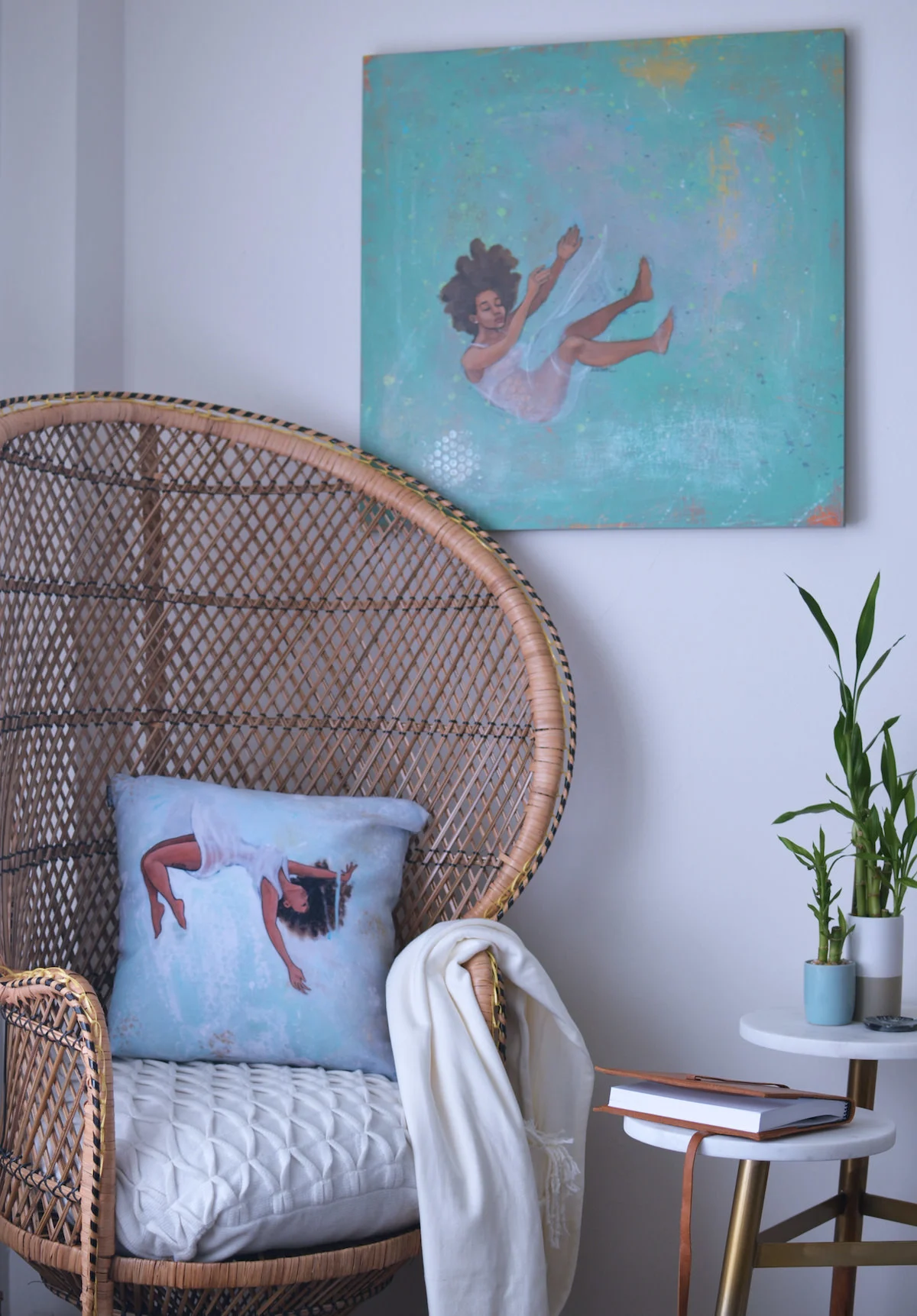
I love that representation is very clearly important in your work, in everything from hairstyles to skin tones and more. Can you share a little bit about why representation is so critical in this moment?
Thank you! Representation has always been important to me, because it's one of those things I always felt was missing from my childhood. It's much easier to know you can be or do something when you see it for yourself. I never saw characters on TV or in books with my hair texture or skin tone and I felt alone because of it. I think everyone is beginning to realize how important representation is, so we have no choice but to change the dynamic of what we see.
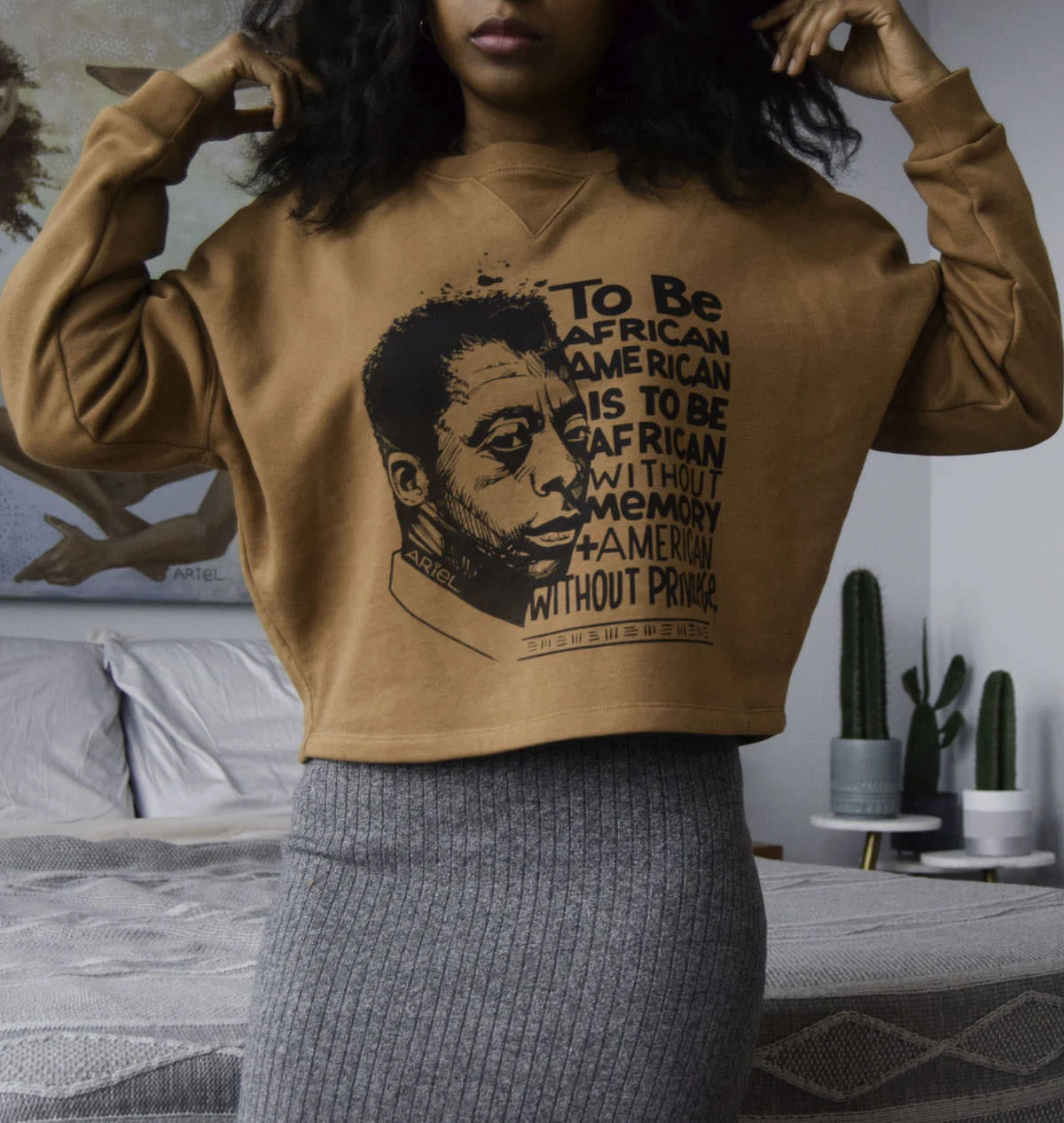
One of your designs includes the James Baldwin quote, “To be African American is to be African without memory and American without privilege.” This feels like something many people still don’t understand. Can you share more about what this quote means to you?
The quote resonated with me because people often overlook how difficult it might be to exist and not have a genuine place that you feel you belong. African Americans often feel disconnected from our African ancestry and haven't been fully embraced by this country. Even after Lincoln abolished slavery the culture of slavery still existed. Anti-Blackness is embedded in most of us whether we're aware of it or not. We have to make an effort to unlearn everything we're taught about the biases and stigmas against African Americans.
For many, 2020 was the first time they really had to reckon with racism and anti-Black violence. For some of us, it's a reality we've been living. What are your thoughts on engaging people beyond the moments when the news is focused on the Black community? How can we make sure people stay engaged?
Once you are made aware of something you cannot suddenly become unaware, so I am hopeful that the momentum from 2020 will continue to grow. And the majority of Black creators will continue to do what we've always done. I think most people are motivated by their own self-interest and recognizing that helping the Black community to be seen and heard is a benefit to all people.
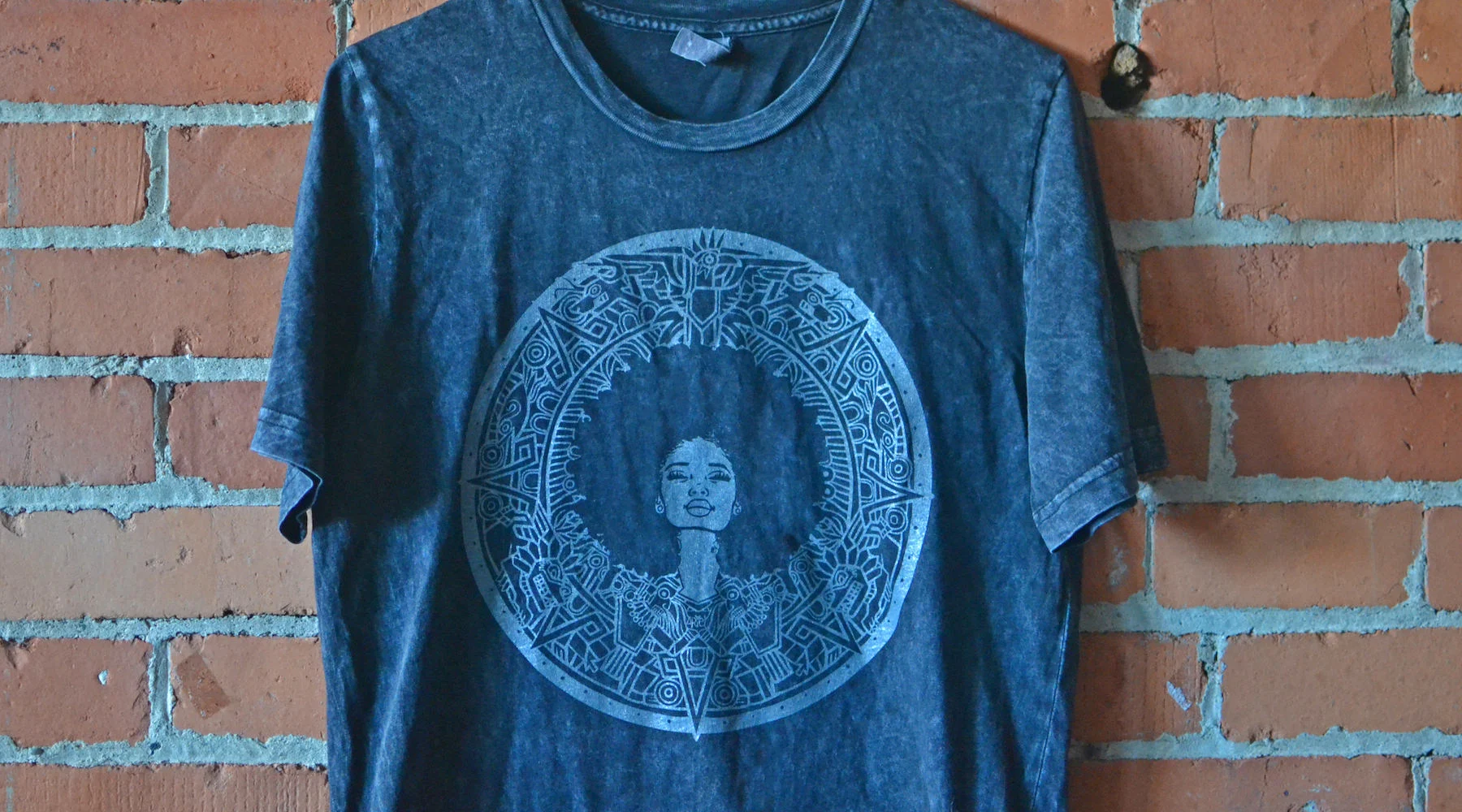
As a fellow Ohioan, I'm curious to hear how you feel living and studying in the Midwest has influenced your work.
I love the diversity in Columbus. I have lived here for the past 15 years, but my parents are Detroiters and I grew up in Toledo. I think having spent a lot of time in all these cities has influenced the way I appreciate the differences in people but also given me the insight to see how class disparities affect everybody. Although my work will always center around the Black community, it's just as important to reflect real life and appreciate everyone's cultural differences. All of our differences are something worth celebrating.
Who is inspiring you right now?
My niece Zahara is definitely an inspiration to me. She's extremely creative, smart, and just has a great grasp of who she is and what she's interested in pursuing.
She loves to paint, draw, and make everything from scratch. Last year, Zahara started her own business and has a Big Cartel shop of her own where she sells things she makes: zaharascrown.com
She has such great work! What can we do to give the next generation of artists like Zahara even more opportunities to thrive?
I think the difference between Zahara and a lot of kids her age is that she has grown up in an environment where her aunt is a full-time artist and her Dad (my brother) is a serial entrepreneur. She knows her family fully supports whatever career choice she decides. I've always believed the best way to support artists is to invest in them and their work. Community programs that foster creativity and development are something I think is really important as well. There's one in my hometown of Toledo called Young Artist At Work - I wish every city could have a program similar to it.
1 March 2021
Words by:Andy Newman
- Share
